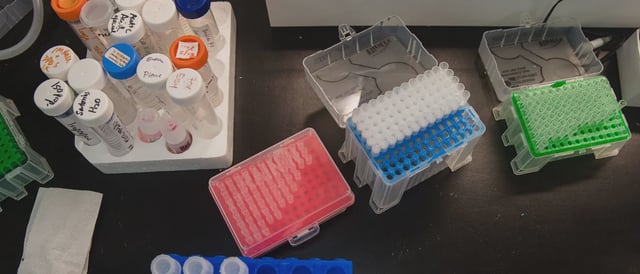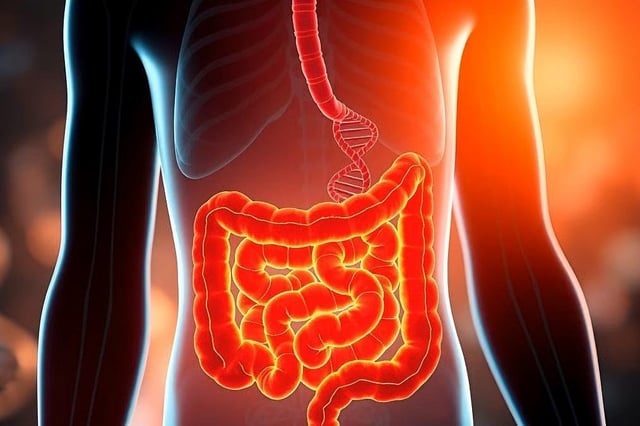Overview
- Lowering the recommended screening age from 50 to 45 has driven a 12 percent annual rise in colon cancer diagnoses among adults 45–49, led by a 22 percent increase in early-stage tumor detections from 2019 to 2022.
- Colon cancer screening uptake in the 45–49 age group climbed 62 percent between 2019 and 2023, with stool-based tests rising more than fivefold and colonoscopies up 43 percent.
- Fewer than one-third of newly eligible adults are up to date on colon cancer screening despite expanded eligibility and coverage under the Affordable Care Act.
- In the UCLA Health trial, unsolicited mailing of fecal immunochemical test kits achieved a 26 percent screening rate, surpassing opt-in approaches for stool tests (16–17 percent) and colonoscopies (under 15 percent).
- Early-stage colon cancers detected through screening carry around a 91 percent five-year survival rate, highlighting the critical impact of early detection strategies.



